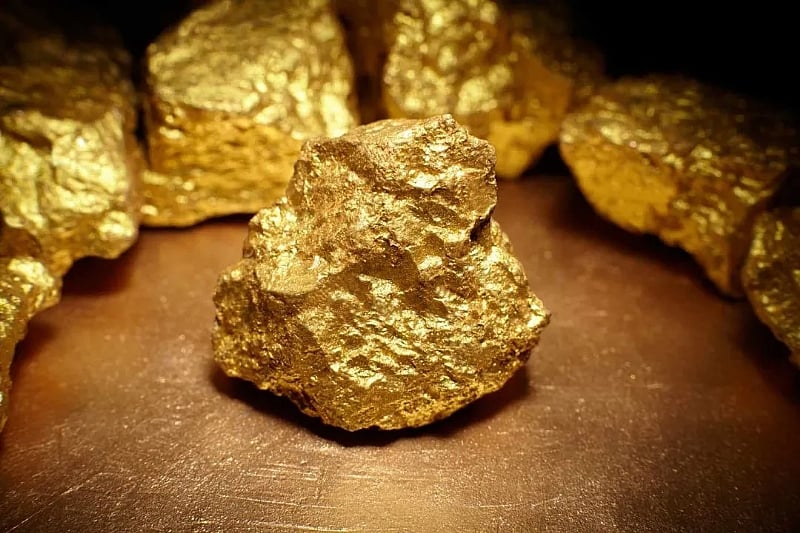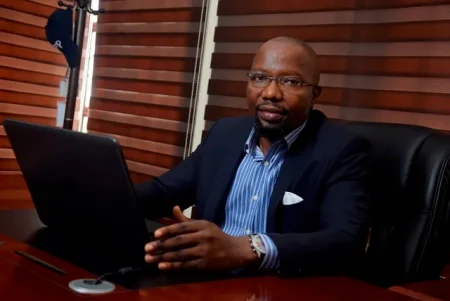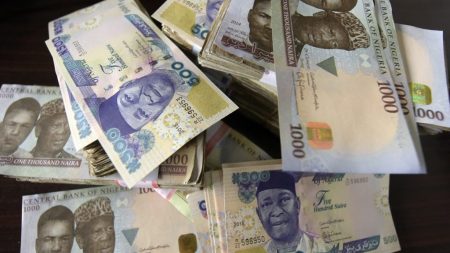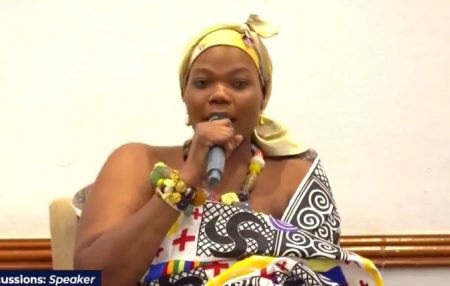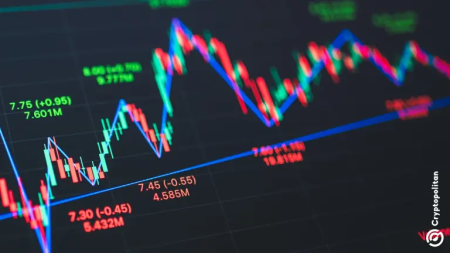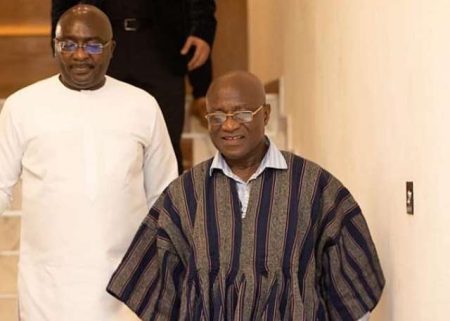Ghana’s strategic embrace of gold as a cornerstone of its financial stability is underscored by its recent ranking as the 63rd largest holder of official gold reserves globally. As of April 2025, Ghana possessed 31.7 tonnes of gold, a seemingly modest amount in the global context, but representing a significant 48.6% of the nation’s total foreign exchange reserves. This high ratio, exceeding many international benchmarks, reflects a deliberate policy of leveraging gold’s inherent stability and intrinsic value to bolster the country’s economic resilience. This approach aligns with a broader trend among emerging economies seeking to diversify their reserve holdings and reduce dependence on traditional reserve currencies, particularly in the face of escalating global uncertainties.
While Ghana’s gold holdings pale in comparison to the vast reserves held by economic powerhouses like the United States (8,133.5 tonnes), Germany (3,381.1 tonnes), and Italy (2,451.8 tonnes), its commitment to gold mirrors the strategies employed by other emerging markets. Countries such as Russia (2,339.6 tonnes), China (2,262.4 tonnes), and India (822.1 tonnes) have been steadily accumulating gold reserves, recognizing the metal’s enduring value as a safe haven asset. This global trend underscores the shifting dynamics of the international monetary system, as gold reclaims its historical role as a critical component of national reserve strategies.
Within the African context, Ghana’s 31.7 tonnes of gold reserves place it among the continent’s top five holders, trailing Algeria (173.6 tonnes), Libya (146.7 tonnes), Egypt (125.6 tonnes), and South Africa (125.4 tonnes). This ranking highlights Ghana’s dual role as both a leading gold producer and a nation strategically integrating gold into its financial framework. By holding a significant portion of its reserves in gold, Ghana reinforces its commitment to financial prudence and safeguards against external shocks. This positioning aligns with the country’s historical ties to gold and its recognition of the metal’s enduring value.
The decision to prioritize gold within its reserve portfolio comes at a time of increasing global economic uncertainty. Geopolitical tensions, inflationary pressures, and systemic risks within the global financial architecture have prompted central banks worldwide to reassess their reserve strategies. Gold, with its inherent stability and lack of counterparty risk, has emerged as a preferred asset for diversification, providing a hedge against the vulnerabilities of traditional reserve currencies. The World Gold Council’s 2025 survey confirms this trend, reporting record levels of central bank gold purchases, primarily driven by emerging market and developing economies seeking to enhance their financial resilience.
For Ghana, Africa’s leading gold producer, the substantial allocation of gold within its reserves reflects a pragmatic approach. It acknowledges the country’s inherent exposure to the global gold market while simultaneously leveraging this exposure to strengthen its financial standing. By holding a significant portion of its wealth in a tangible asset with no default risk, Ghana mitigates its vulnerability to currency fluctuations and external economic pressures. This strategy provides a crucial buffer against volatility and underscores the government’s commitment to long-term economic stability.
With the price of gold recently surpassing $3,300 per ounce, the value of Ghana’s gold reserves is steadily appreciating. This upward trajectory further reinforces the wisdom of Ghana’s strategy, demonstrating the tangible benefits of holding a significant portion of its reserves in a readily marketable and universally recognized store of value. As global economic uncertainties persist, Ghana’s commitment to gold is likely to serve as a model for other nations seeking to enhance their financial resilience and navigate the complex landscape of the international monetary system. The country’s strategic embrace of gold underscores its commitment to long-term economic stability and its recognition of the metal’s enduring value in a volatile world.




